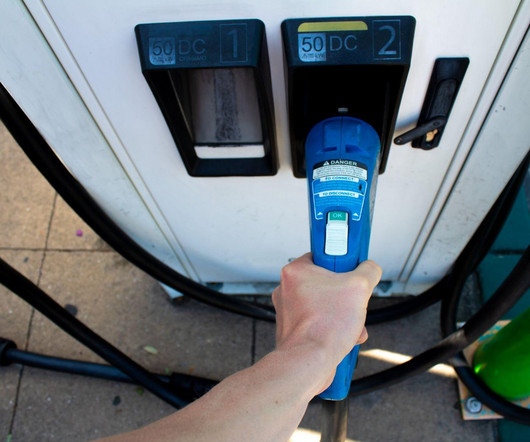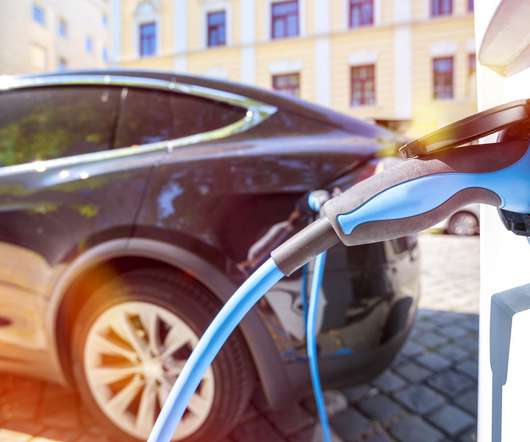How EVs Are Reducing Carbon (CO2) Emissions
Blink Charging
SEPTEMBER 8, 2023
Enter electric vehicles: a practical step toward reducing carbon emissions and reinforcing sustainable practices. The collective count of electric vehicles, encompassing cars, buses, vans, and large trucks, is anticipated to reach a remarkable 145 million by 2030. EVs are game changers in the reduction of vehicle emissions.


















Let's personalize your content